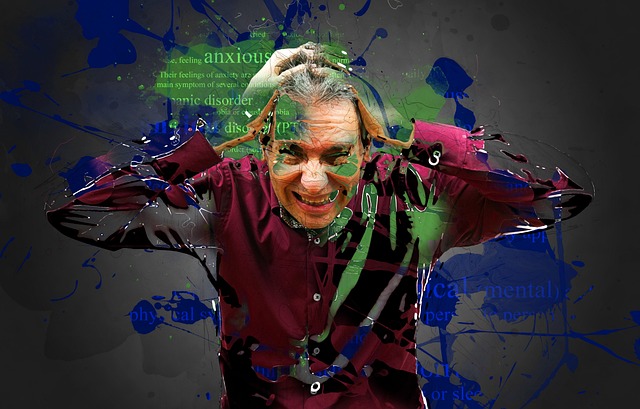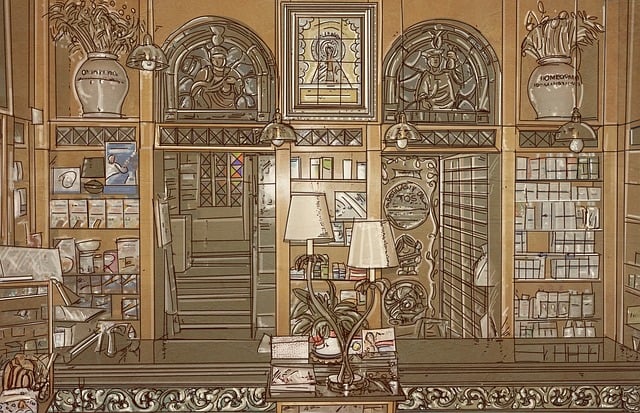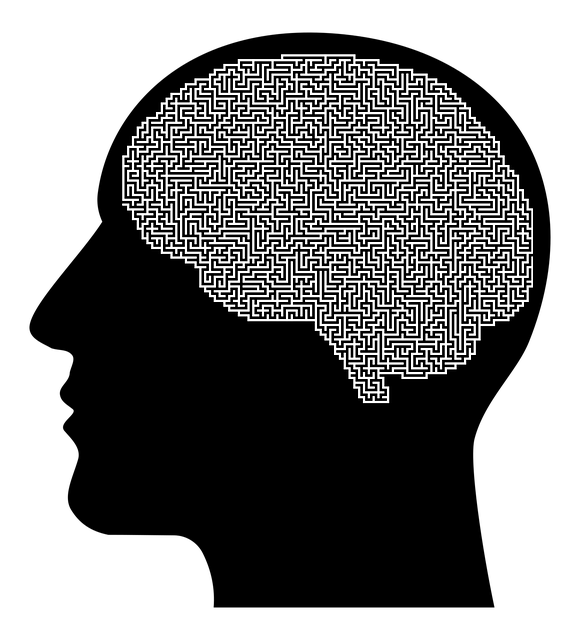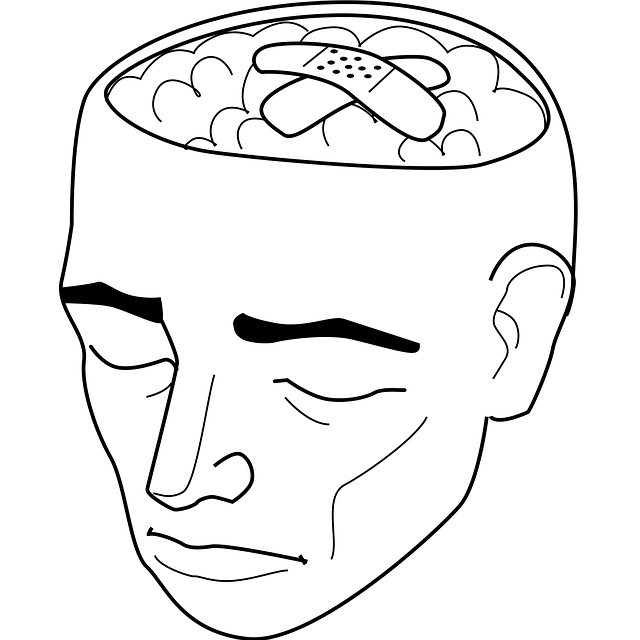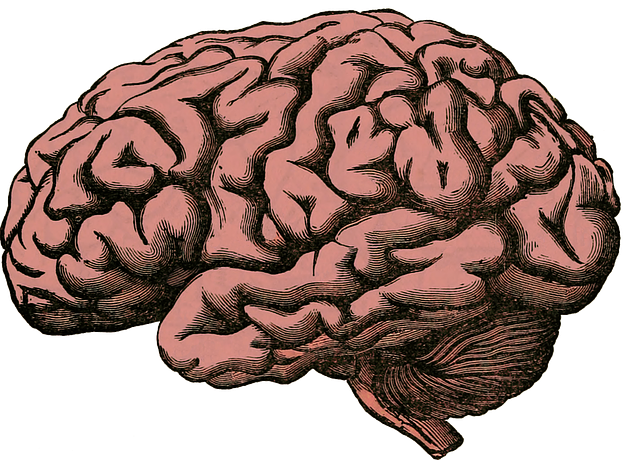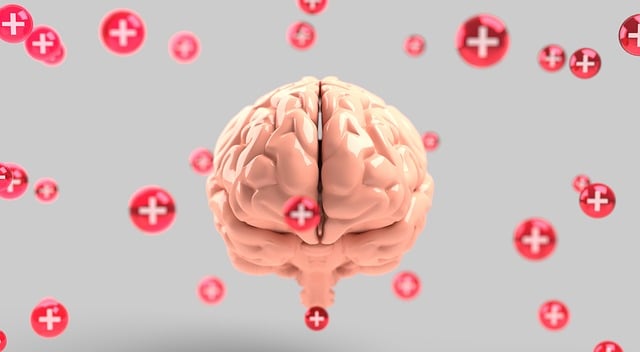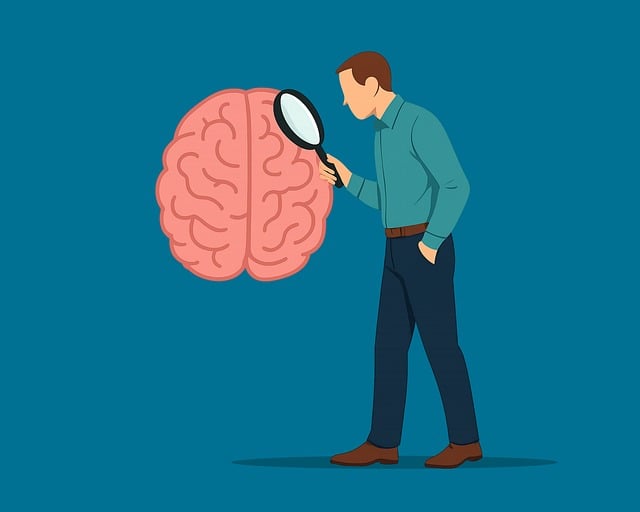Boulder Geriatrics Therapy offers a comprehensive approach to mental wellness for older adults, focusing on building resilience through RFM (Recovery, Flexibility, Mastery). This framework combines low-impact physical activities like yoga and mindfulness meditation with emotional healing processes and journaling exercises. By enhancing strength, flexibility, and emotional coping skills, their programs support elderly clients in managing stress, trauma, and chronic conditions while fostering independence and community connection. The RFM strategies, tailored to each individual's needs, significantly improve therapeutic outcomes and overall quality of life for Boulder Geriatrics Therapy clients.
“Unleashing resilience is a cornerstone of geriatric care, especially in dynamic settings like Boulder Geriatrics Therapy. This article explores the power of RFM (Resource, Coping, and Mastery) as a framework for enhancing older adults’ ability to navigate life’s challenges. We delve into how tailored resilience-building exercises can be designed to suit elderly clients’ unique needs. By integrating RFM strategies, therapists in Boulder Geriatrics can empower patients to foster adaptability, cope with stress, and thrive in their daily lives.”
- Understanding RFM and Its Role in Geriatric Therapy
- Designing Resilience-Building Exercises for Elderly Clients
- Implement RFM Strategies in a Boulder Geriatrics Setting
Understanding RFM and Its Role in Geriatric Therapy

Resilience is a vital aspect of mental wellness, especially for older adults navigating life’s challenges. This is where RFM (Recovery, Flexibility, and Mastery) comes into play, offering a powerful framework in Boulder geriatrics therapy. By focusing on these three dimensions, therapists can help individuals enhance their ability to cope with stress and adversity.
RFM exercises are designed to promote stress management and burnout prevention. Through recovery-oriented practices, patients learn to process past traumas or losses, fostering resilience against future stressors. Flexibility is cultivated by encouraging mental adaptability, enabling folks to navigate life’s twists and turns. Lastly, mastery skills empower individuals to take control, making them more adept at managing their emotional responses and overall mental wellness, as supported by journaling exercises for guidance.
Designing Resilience-Building Exercises for Elderly Clients

When designing resilience-building exercises for elderly clients at Boulder Geriatrics Therapy, it’s crucial to tailor activities that address both physical and mental well-being. Given the unique needs and capabilities of this demographic, low-impact exercises like gentle yoga, tai chi, and walking programs can significantly enhance strength, flexibility, and balance while promoting relaxation and stress reduction methods. These activities not only foster independence but also provide a sense of community, which is vital for combating feelings of isolation and fostering mental wellness coaching programs development.
Furthermore, incorporating emotional healing processes through mindfulness meditation and expressive arts therapy can help elderly individuals process trauma, manage chronic conditions, and cultivate coping strategies. Given the potential for cognitive changes associated with aging, it’s important to create a supportive environment that encourages participation without overwhelming clients. By combining physical movement, mental stimulation, and emotional expression, Boulder Geriatrics Therapy offers comprehensive resilience-building exercises designed to enhance the quality of life for its elderly clientele.
Implement RFM Strategies in a Boulder Geriatrics Setting

In a Boulder Geriatrics Setting, implementing RFM (Reach, Frequency, and Money) strategies can significantly enhance therapeutic outcomes for elderly clients. By applying these principles, therapists can tailor interventions to improve not only physical resilience but also emotional well-being. For instance, increasing reach through diverse Self-Awareness Exercises can help seniors explore and express their feelings, fostering a deeper understanding of their emotional responses. This, in turn, supports effective mood management, an essential aspect of geriatrics therapy.
Frequent engagement in these exercises allows for consistent money investment in the client’s emotional health. Regular practice of emotional well-being promotion techniques can become a calming routine, empowering seniors to navigate life’s challenges with enhanced resilience. The Boulder Geriatrics Therapy approach thus leverages RFM strategies to create a holistic program that supports not just physical health but also the mental and emotional stability crucial for an elderly individual’s overall quality of life.
Resilience is a key component of well-being, especially as individuals age. By integrating RFM (Resource, Fortitude, and Mastery) principles into geriatric therapy, such as through tailored resilience-building exercises, Boulder Geriatrics Therapy can significantly enhance elderly clients’ ability to navigate challenges and maintain independence. This holistic approach not only strengthens their mental fortitude but also enriches their overall quality of life.


